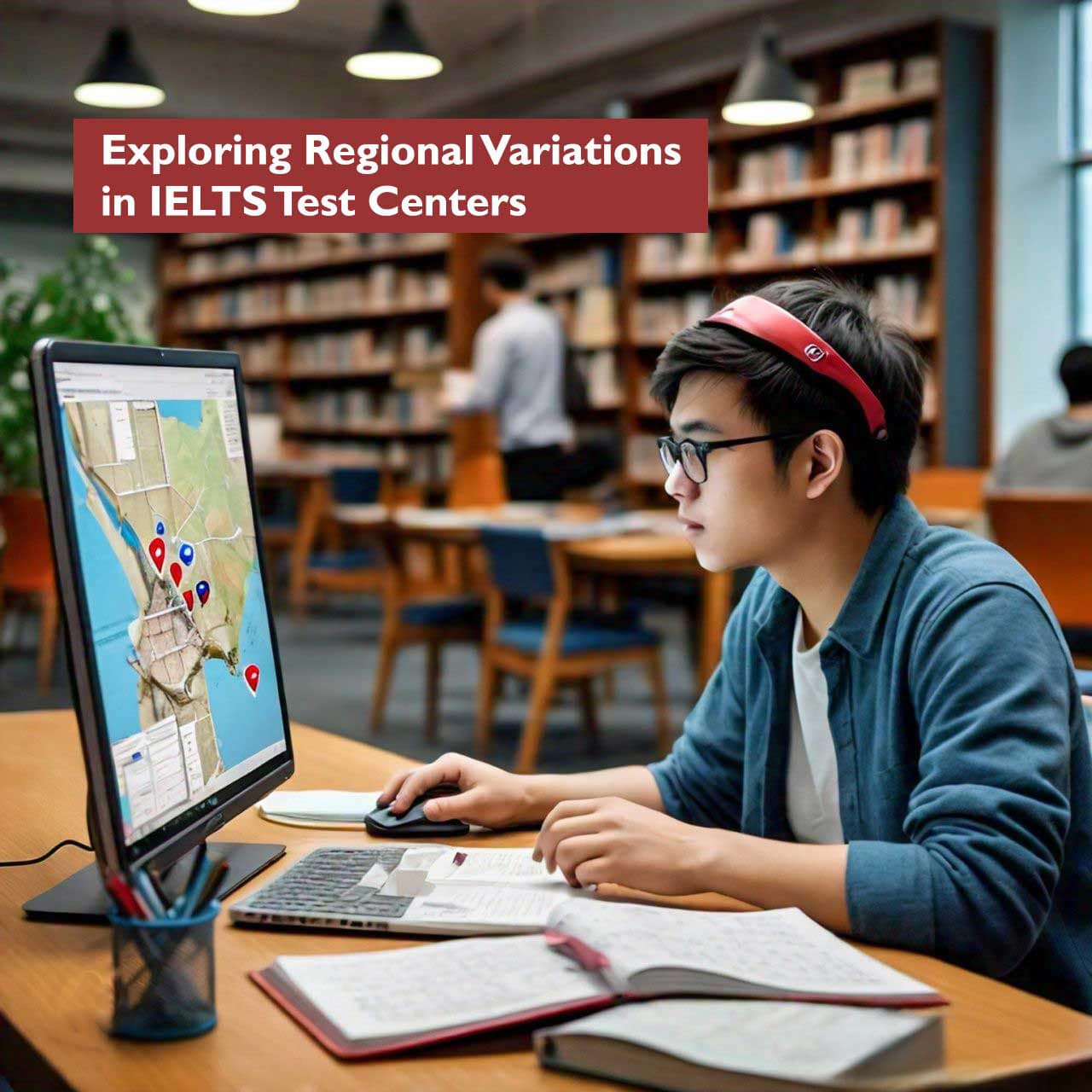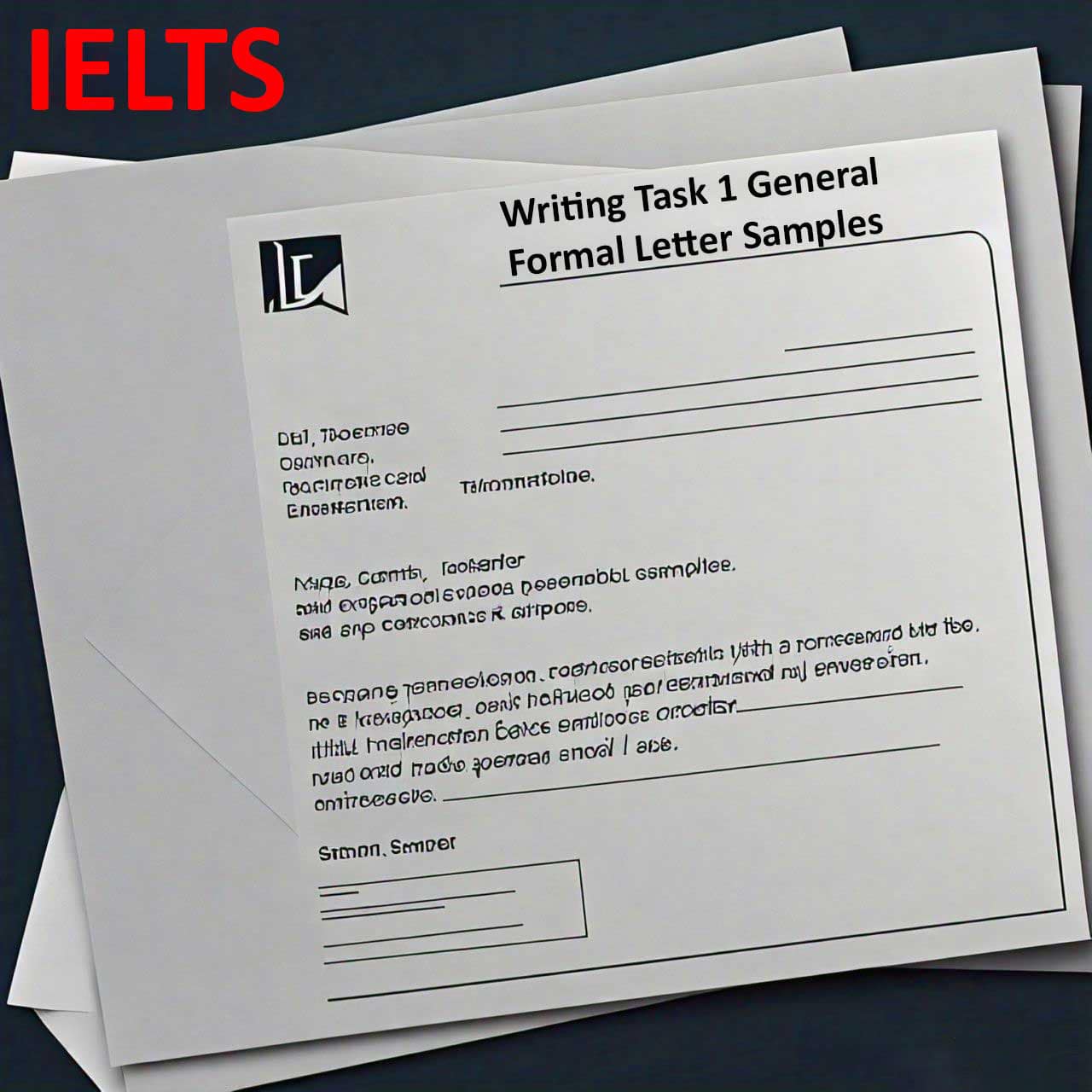The IELTS (International English Language Testing System) exam is globally recognized as a benchmark for English language proficiency. Administered in numerous countries and regions around the world, the test centers where candidates take the exam can vary significantly. In this blog post, we will explore the regional variations in IELTS test centers, including differences in facilities, exam administration processes, and cultural considerations.
Table of Contents
Diversity of Test Centers
1. Urban vs. Rural Locations:
– Urban Centers: Major cities often have multiple test centers, offering candidates a range of options regarding dates and times.
– Rural Areas: In less populated regions, there may be fewer test centers, and candidates may need to travel longer distances to take the exam.
2. Educational Institutions vs. Dedicated Test Centers:
– Universities and Colleges: Many test centers are located within educational institutions, such as universities or language schools, where candidates can take the exam alongside local students.
– Dedicated Test Centers: Some regions have standalone test centers specifically designed for administering standardized exams like IELTS. These centers may offer a more streamlined experience focused solely on the test.
Facilities and Resources
1. Technology Infrastructure:
– Computer-Based vs. Paper-Based: While computer-based testing is increasingly available, some regions still predominantly offer paper-based exams due to technological constraints or candidate preferences.
– Internet Connectivity: Test centers in developed urban areas may have reliable internet connectivity for computer-based exams, while rural centers may have limited access.
2. Testing Environment:
– Classroom Settings: Some test centers use traditional classroom settings for paper-based exams, while others have dedicated testing rooms with individual cubicles for computer-based tests.
– Amenities: Facilities such as waiting areas, restrooms, and refreshments may vary depending on the location and resources available.
Administration Processes
1. Registration and Scheduling:
– Online vs. In-Person Registration: In regions with advanced online infrastructure, candidates may register and schedule their exams entirely online. In other areas, in-person registration at test centers may be the norm.
– Availability of Test Dates: Popular test centers in urban areas may have high demand, leading to limited availability of test dates. Candidates may need to plan their schedules well in advance.
2. Test Day Procedures:
– Check-In Process: Test centers typically require candidates to arrive early for check-in, identity verification, and seating arrangements.
– Security Measures: Proctoring and security measures may vary, with some centers employing stringent protocols to ensure exam integrity.
Cultural Considerations
1. Language Variations:
– Accents and Dialects: Test centers in regions with diverse linguistic backgrounds may encounter variations in accents and dialects among examiners and test-takers.
– Cultural References: Reading and listening passages in the exam may include cultural references that are more familiar to candidates in certain regions.
2. Local Support Services:
– Language Assistance: In regions where English is not the primary language, test centers may offer additional language support services, such as bilingual staff or translated materials.
– Accessibility: Test centers may vary in terms of accessibility for candidates with disabilities, depending on local regulations and infrastructure.
Conclusion
Exploring regional variations in IELTS test centers highlights the diverse landscape of exam administration worldwide. Candidates preparing for the exam should familiarize themselves with the facilities, processes, and cultural considerations specific to their chosen test center. Whether in a bustling urban center or a remote rural area, the IELTS exam remains a universal gateway for individuals seeking to demonstrate their English language proficiency and pursue academic or professional opportunities around the globe.



